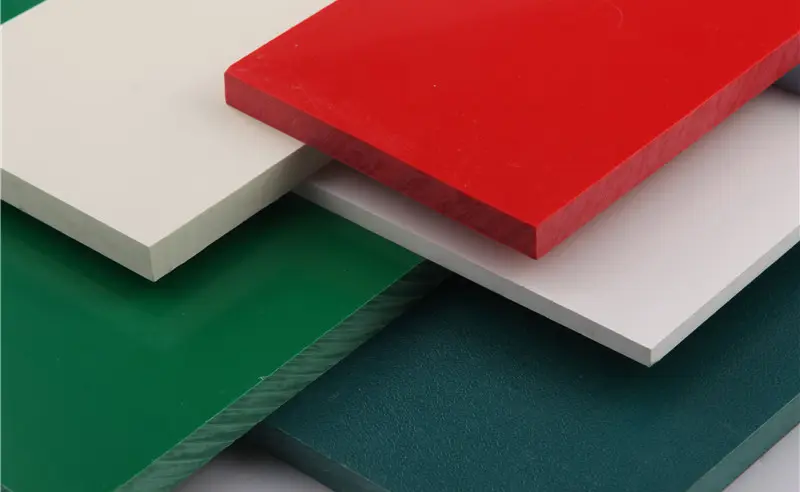des . 19, 2024 23:56 Back to list
hdpe pipe
The Versatility and Benefits of HDPE Pipes
High-Density Polyethylene (HDPE) pipes have become increasingly popular in various industries due to their durability, flexibility, and resistance to a wide range of chemicals. These pipes are made from high-density polyethylene resin, providing a robust solution for various applications, from water supply to sewer systems. In this article, we will explore the features, benefits, and applications of HDPE pipes, highlighting why they are a preferred choice in modern infrastructure projects.
Characteristics of HDPE Pipes
HDPE pipes are known for their unique characteristics that set them apart from traditional materials like metal or PVC.
1. Durability HDPE is highly resistant to impact and abrasion, making these pipes suitable for environments that experience wear and tear. They can withstand extreme weather conditions, UV radiation, and chemical exposure, resulting in a long service life.
2. Flexibility One of the most significant advantages of HDPE pipes is their flexibility. This property allows for easy installation, as they can be curved around obstacles without the need for additional fittings. Additionally, this flexibility minimizes the chances of joint failures during thermal expansion or ground movement.
3. Lightweight Compared to traditional materials, HDPE pipes are lighter, which reduces transportation costs and eases the installation process. Workers can handle longer lengths of pipe with minimal effort, leading to faster project completion.
4. Smooth interior surface HDPE pipes have a smooth internal surface that promotes efficient flow and reduces friction losses. This characteristic is particularly beneficial in water supply applications, where maintaining pressure and flow rate is crucial.
Benefits of Using HDPE Pipes
The adoption of HDPE pipes brings numerous benefits to various industries
1. Cost-Effectiveness While the initial cost of HDPE pipes might be comparable to other materials, their longevity and lower installation expenses often make them the more cost-effective option in the long run. They are less prone to leaks and require less maintenance, translating into lower operational costs.
hdpe pipe

2. Environmental Friendliness HDPE is a recyclable material, contributing to a more sustainable approach in the construction sector. The production process for HDPE pipes also generates fewer greenhouse gas emissions compared to other materials, making them an eco-friendly choice.
3. Resistance to Corrosion Unlike metal pipes, HDPE does not corrode, which eliminates the risk of rust and contamination in water systems. This property is particularly important for applications involving potable water, ensuring that the water remains clean and safe for consumption.
4. Ease of Installation The lightweight nature and flexibility of HDPE pipes simplify the installation process, especially in challenging terrains. The ability to join pipes using heat fusion methods creates seamless joints, further enhancing the integrity of the system.
Applications of HDPE Pipes
The versatility of HDPE pipes enables their use in a wide array of applications
1. Water Supply Systems HDPE pipes are widely used in municipal water supply lines, ensuring efficient transportation of potable water. Their corrosion resistance and durability make them ideal for long-term use.
2. Sewer and Drainage Systems With their smooth interiors and resistance to clogs, HDPE pipes are an excellent choice for sewage and stormwater drainage systems, preventing blockages and promoting better flow.
3. Irrigation Agricultural applications benefit from HDPE’s flexibility and resistance to chemicals. The pipes can be used in drip irrigation systems, allowing precise water delivery to crops while conserving resources.
4. Industrial Applications Many industries utilize HDPE pipes for transporting chemicals and other hazardous materials due to their superior resistance to corrosion and chemicals.
Conclusion
In summary, HDPE pipes are a remarkable innovation in piping technology, offering numerous advantages that cater to a multitude of applications. Their durability, flexibility, and eco-friendly nature make them an excellent choice for modern infrastructure projects. As industries continue to demand more sustainable and efficient solutions, the popularity of HDPE pipes is likely to grow, solidifying their place as a key component in various sectors. Whether for water supply, drainage, or irrigation, HDPE pipes represent a forward-thinking choice for engineers and construction professionals aiming for longevity and efficiency.
-
Durable PP Rigid Sheet: Lightweight, Chemical Resistant Solutions
NewsAug.21,2025
-
PVC Grey Sheet for Extraction: Chemical Resistant & Durable
NewsAug.19,2025
-
Durable PVC Pipe Fittings for Plumbing & Irrigation Needs
NewsAug.18,2025
-
HDPE Steel Belt Reinforced Spiral Corrugated Pipe | High Strength
NewsAug.17,2025
-
HDPE Pipe Fittings: Durable, Leak-Proof Solutions
NewsAug.16,2025
-
Premium CPVC Sheet: High-Temp & Chemical Resistant Solutions
NewsAug.15,2025

